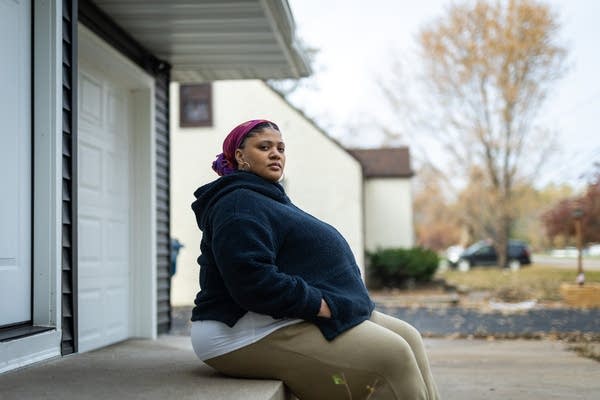Lawsuit claims unequal housing code enforcement hurts Minneapolis renters of color

Arianna Anderson, a renter and advocate with United Renters For Justice (Inquilinxs Unidxs Por Justicia), says being a stay-at-home mom at her home in Crystal, Minn., pictured Friday, has given her the time to help advocate for housing cases.
Ben Hovland | MPR News
Go Deeper.
Create an account or log in to save stories.
Like this?
Thanks for liking this story! We have added it to a list of your favorite stories.


